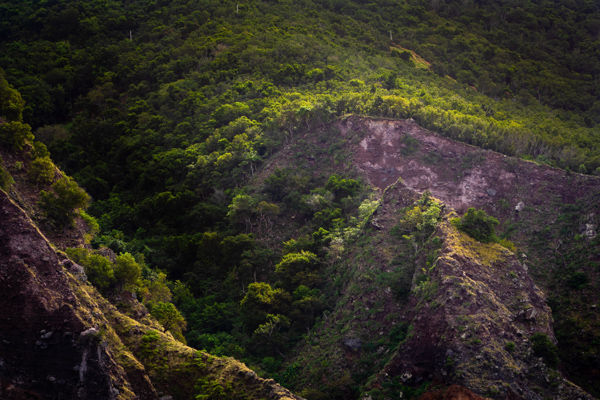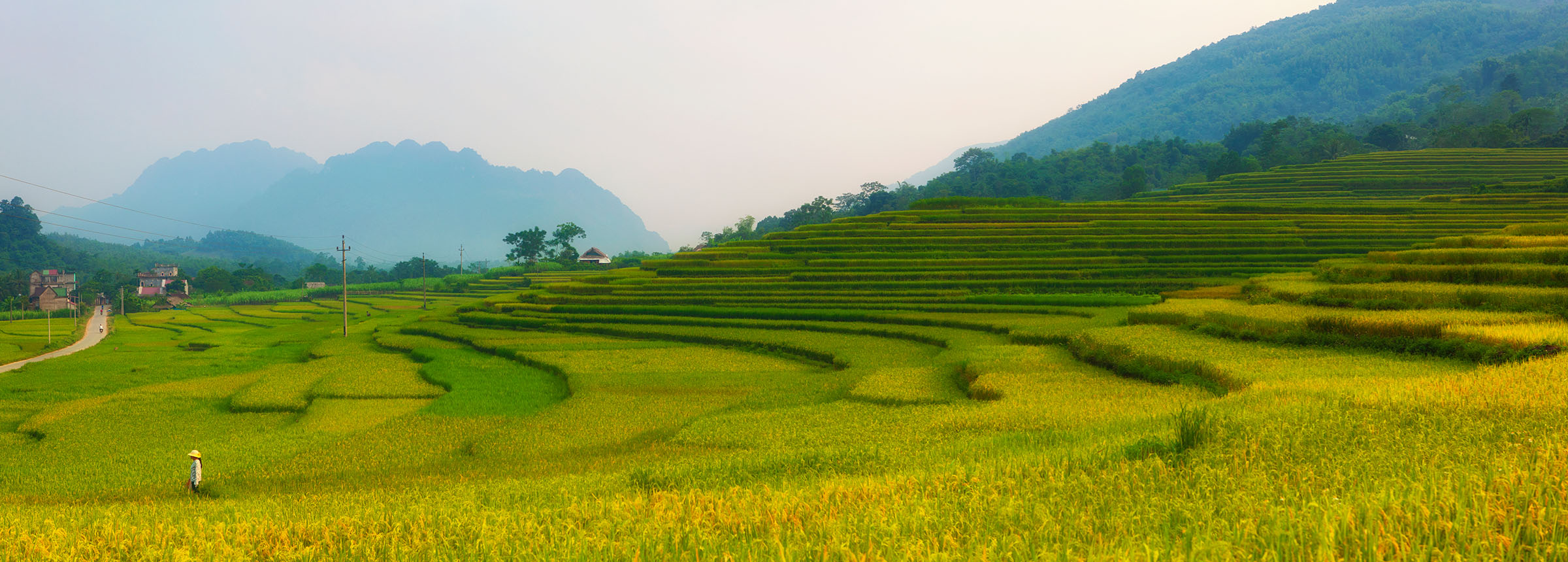
Announcing Private Investment for Enhanced Resilience (PIER) Caribbean
The Private Investment for Enhanced Resilience (PIER) Project is now working in the Caribbean, where it is demonstrating how implementing partners can engage the private sector in reducing deforestation pressures and enhancing carbon stocks through investments in intercropping, cover crop development and agroforestry, thus encouraging more resilient value chains.
PIER’s work in Jamaica, Dominican Republic, St. Lucia and Grenada aims to improve developing countries’ ability to attract private-sector resilience investment in commodity agriculture by demonstrating viable investment opportunities in sustainable landscapes.
“PIER Caribbean’s focus will be on reducing deforestation pressure from agricultural expansion as well as promoting resilient agricultural systems,” says Michael Cote, project director for PIER Caribbean. “PIER will provide support through the development of agricultural finance models and capacity building.”
PIER is an innovative climate finance project that incentivizes private sector investments in support of national development objectives that address climate change, such as National Adaptation Plans (NAPs), within countries of strategic interest to the United States, including the non-Caribbean countries of Bangladesh, Ghana, Guyana, Indonesia, Mozambique, Peru, Tanzania and Vietnam. It is funded by the U.S. Department of State.
PIER demonstrates how technical assistance can unlock millions of dollars in investments while decreasing public-sector dependency on overseas development assistance on climate adaptation measures. PIER works closely with country partners to design investment decision-making support mechanisms that private companies and partners can use to make prudent financial decisions that reduce risks from climate change.
Related Projects

